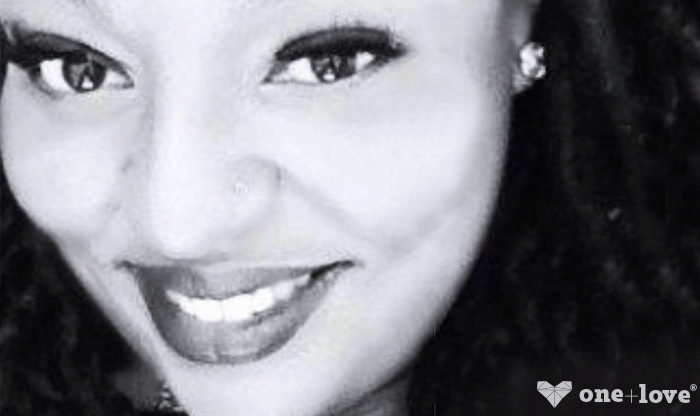
Kaila A. Story, Black Queer Fierce Intellectual
Kaila Adia Story, PhD, is an associate professor of Pan-African Studies and Women’s and Gender Studies at the University of Louisville. She holds the Audre Lorde Chair in Race, Class, Gender, and Sexuality, appropriately enough! Her research examines the intersections of race and sexuality, with special attention to black feminism, black lesbians, and black queer identity. Her recent work, La-La’s Fundamental Rupture: True Blood’s Lafayette and the Deconstruction of Normal, in the anthology, African Americans on Television: Race-ing for Ratings, explores the contested persona of the character Lafayette and problematizes mediated messaging around black, gay, and male embodiment and identity.
Do you think your radio show Strange Fruit has helped seed black queer community? If so, how so?
I think so. [Jaison Gardner, her co-host] and I bump into many people all of the time who thank us for our show, and tell us how moved, challenged, and inspired they are about the show and its focus on black queer life.
Strange Fruit, I think, connects many black queers together through the vehicle of new media, in the spirit of justice, resistance, and visibility.
Could you speak to some presumptions that are often associated with being black and queer in Kentucky?
Wow. There’s so much with this one. Due to society’s racism and homophobia, black queer people are subjected to ridicule, isolation, and the projection of society’s moral fears and respectability politics onto their bodies and identities.
There are seen as immoral and hyper sexual due to the stereotype that African Americans’ sexual appetites are perverse and an exaggerated form of sexuality. Same stereotype is applied and projected on queer bodies, too. Lastly, black queer people in the South are seen as apathetic at best and not resisting oppression at worst.
We know this isn’t true due to queer organizations of color that are housed in the South, like SONG (Southerners on New Ground) or Strange Fruit, for instance. Our show is a local show birthed and born here. We are here in the South. Resisting hegemony in terms of race and sexuality.
Your life-work is intersectional. How do you think the conversation could be deepened around the intersections of race, gender, sexuality, and more?
I really think people need to get into Audre Lorde more. Lorde has really addressed intersectionality and difference and how we can use these things to ignite resistance to hegemony of any form. Praise the Lorde!
If you had your way, what would mass media representations of black women look like? Feel free to dream extravagantly.
I would like to see more sex-positive black women on television. Black women who are agents of their own sexuality and lives. Often times black women, when we are depicted, are either lone vixens or mothers and wives.
This is why I like Scandal so much. Kerry Washington’s character is in charge. In charge of herself , heart, and sexuality in a number of ways and I think this why a lot of male and heteronormative viewers have such a problem with it. It challenges notions of what it means to be young, black, sexy, and powerful.

Recent Comments